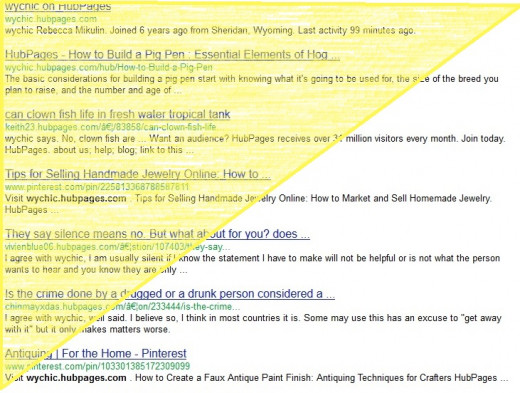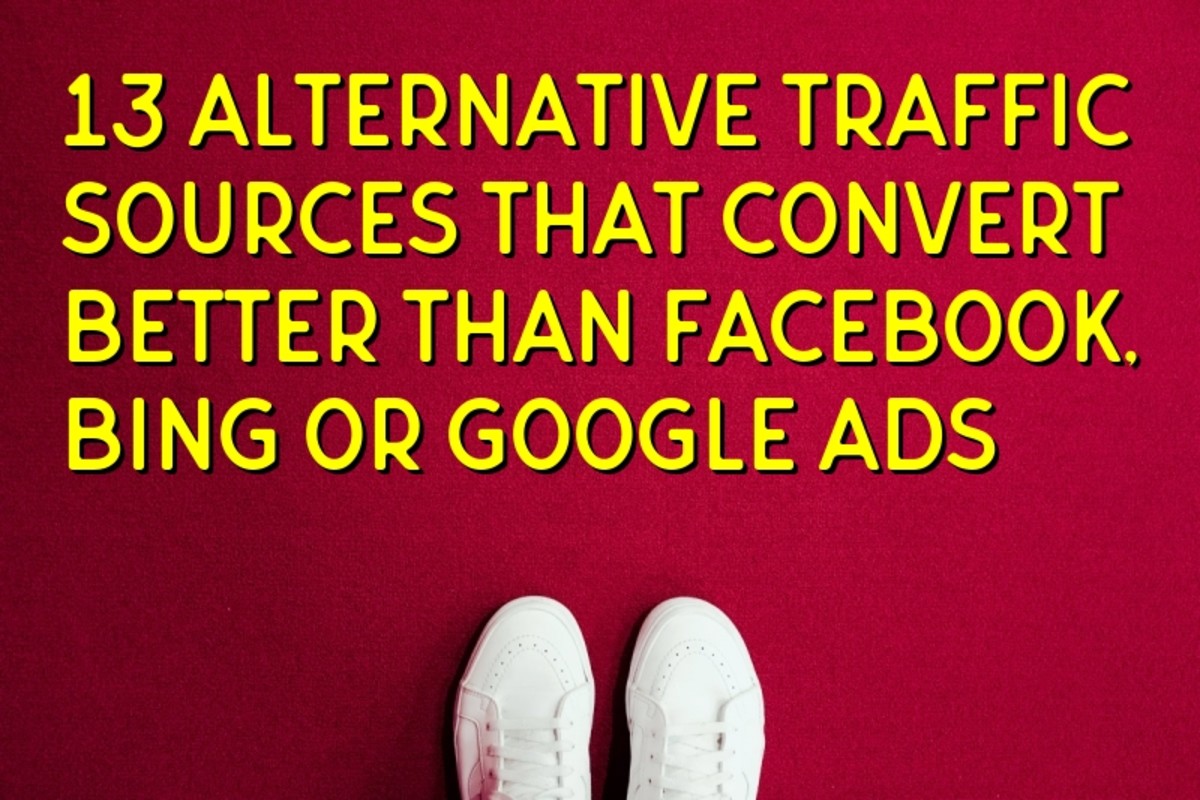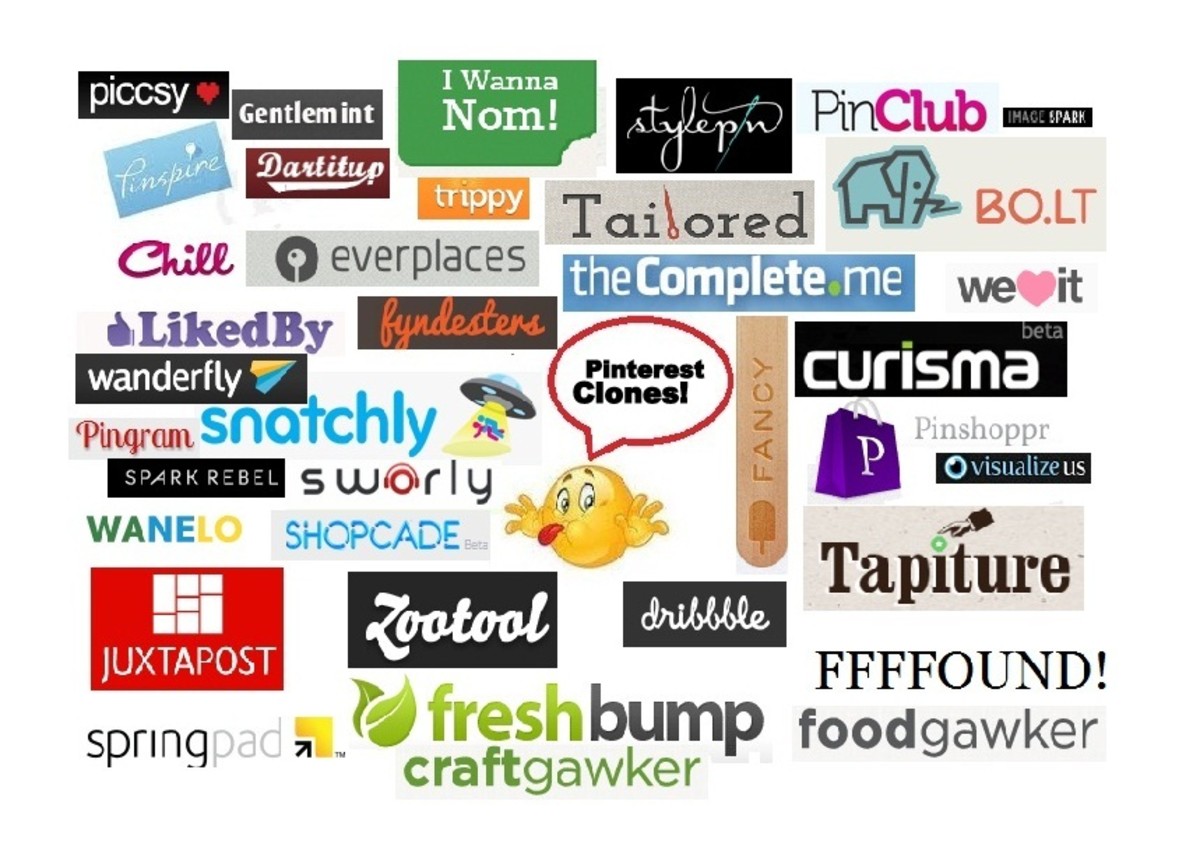What is the Golden Triangle in Online Marketing, and Why is it Essential to Your Search Engine Success?

Want to learn more about search engine ranking? Get a complete run-down with this book

Why is it so important to rank well in search engine results, ads, sponsored links and so many other avenues of online discovery? Good question. In fact, it's one that was so often asked the Google sponsored a study that shows how people scan webpages. This shows that people notice things more in certain parts of the page, and miss more and more as you head down. The study is now known as the Golden Triangle study because it revealed the triangle of space where nearly everyone absorbs all of the information presented. Why should you know about this? If you're a content producer or website owner, it could be the difference between wasting tons of marketing cash and getting more targeted organic traffic than you know how to handle. Organic traffic is free, and this might just show why you're not getting as much as you want. Check out the book on the right if you want to know even more on this subject; it really could be a game-changer in your online marketing if you don't know it already.
Search Engine Optimization (SEO) and search engine marketing (SEM) is the practice of optimizing your website to rank well in search engines to get more targeted organic traffic. It's a primary goal of businesses everywhere, but especially in the online world. Think of organic traffic as the people who walk by your store and choose to come in, versus the inorganic traffic of people who come to you through paid advertisements.
At one time, business owners could hit the first page in search results, then lean back and relax and wait for the high traffic to roll into their site. With virtually everyone on the internet now, it's just not that easy anymore. Statistics have shown that the sites located on the top three results of the search page receive significantly higher traffic than even the results directly below them, so now the new "sweet spot" is those first three listings.
What is the Golden Triangle study?
What's so great or "magic" about the first three search results? Why isn't 5th or 6th just as good? In order to better understand typical online search patterns and habits, Google created a study to determine why those top three are so much better than any other position on the page.
Google devised a way to track participant eye movements in their search behavior study. This allowed them to see what people actually look at, and for how long. The results were consistent throughout the study population, and conclusive enough to coin the term "the golden triangle of search." Now that study is known simply as the Golden Triangle study, and virtually every search engine marketer works to construct their most important content with the study's findings in mind.
What exactly is the "golden triangle of search," and why is it so important?
Researchers in the Golden Triangle study discovered that nearly all searchers read a site’s title and description for the top three listings in the search results. Just below the top three, searchers only read the title and a part of the description. As searchers read further down the page, the amount of content looked at dropped off, down to just the first word or letter of the headline.
Let's put this in real numbers. The results show that 100% of searchers read all or nearly all of the information for the first three listings. Only 20% of searchers actually read the description below the top three. SEO and SEM experts see these results as conclusive evidence of why the top three listings are by far the most effective and lucrative positions in the search engine results pages. If you're in fourth place, it suggests that it's well worth the extra effort to try to one-up your competition and move up in the ranks.
What does it look like in real life? Here's what search engine results look like on Google and what the information means
How does the Golden Triangle factor into an online marketing plan?
Even if your website doesn’t end up in the Golden Triangle, it's still important to know what it is and how your potential customers read the pages. If you know what people are actually likely to read in each position, you can formulate your title and description accordingly.
It's always important to be concise in your site's meta tags, which show up as the title and description in the search engine results. Use good long-tail keywords, and don't be afraid to test a few variations to see what works best.With the information from the Golden Triangle study, you also know that it's important to put the most relevant information and your "hook" as early in your title and description as possible.
When you use long-tail keywords, you have a much higher chance of reaching the Golden Triangle, even if it's initially only for lower-volume searches. There's a lot of competition out there, so it's almost impossible to hit the top three for every single search. It's better to have 500 well-targeted people read the entire title and description on a long-tail search than it is to have 10,000 vaguely relevant people skim past your listing on a broad search.

Let's recap -- the Golden Triangle is super-important if you want to be seen by the right people
No one will debate that higher in search results is better. Period. Interestingly enough, the Golden Triangle information even suggests that it's better to be in the top three results on the second page than the sixth or seventh on the first page.Whether you're in the top three or not, knowing how people read the results page will help you write better tags and copy for your site. If you're not getting the clicks you want and feel your keywords are well-targeted, it's one more thing to consider about why people aren't clicking.
Getting to the top three for the right searches with the right title and description means that you will get more visitors to your site. What's more, it means they will be highly targeted, and therefore very likely to convert once they're on the site. Who wouldn't want that for their site? Chances are, there's a way for you to get to the top three results in at least some long-tail searches right now. As consistent traffic helps boost your page's rank in search algorithms, you'll rise in the results for more broad, high-traffic keywords.
You get in the top search results. Now what? Here are some tips for improving conversion rates on your site
So what do you think, is this helpful information? Please take a moment to leave a comment below. I'd love to hear how you apply these concepts in your own online marketing. Feel free to offer any useful tips I may have missed, or suggest additional topics on this or related online marketing subjects.
Want to hear more from me on SEO and online marketing? Here are a few more hubs that may help
- How to Conduct Keyword Research: Basics of Selecting...
Keyword research is the single most effective way to improve search rankings for your online content. It doesn't take long, and can have outstanding long-term optimization results. - Traffic vs. Conversions: What is the Difference and ...
Knowing the difference between traffic and conversions can help you avoid one of the biggest mistakes of beginning website managers - Optimizing Your Website Using Good SEO: Six Search E...
SEO (search engine optimization) is a technique used to draw attention and an audience to your website by customizing it to line up with search engines online. These search engines then decide which sites are... - What is Google Analytics? How to Use Google Analytic...
When it comes to web analysis, you can look no further than the tool Google Analytics. This tool is so useful to online business and website owners because it will tell you everything you wanted to know about...








